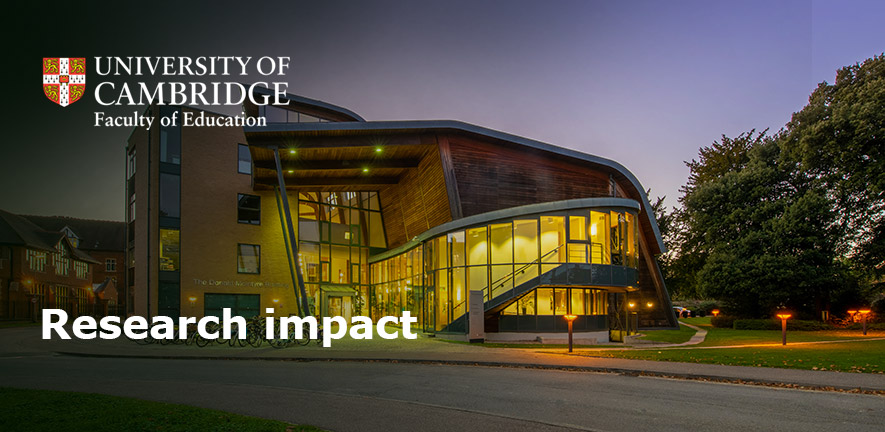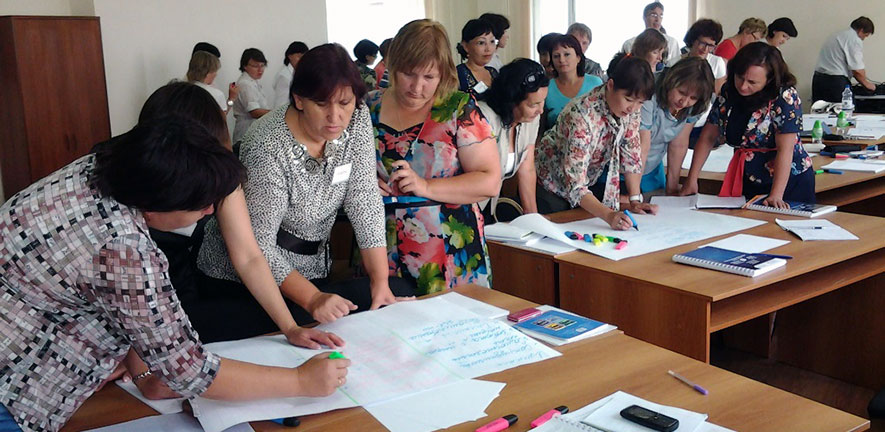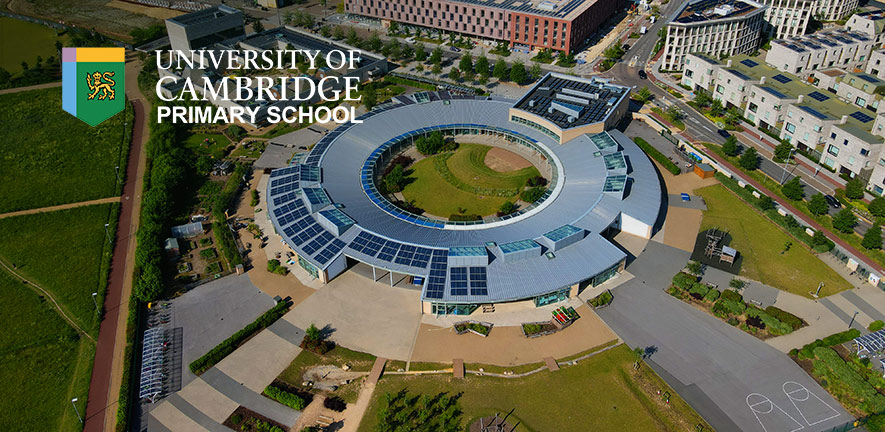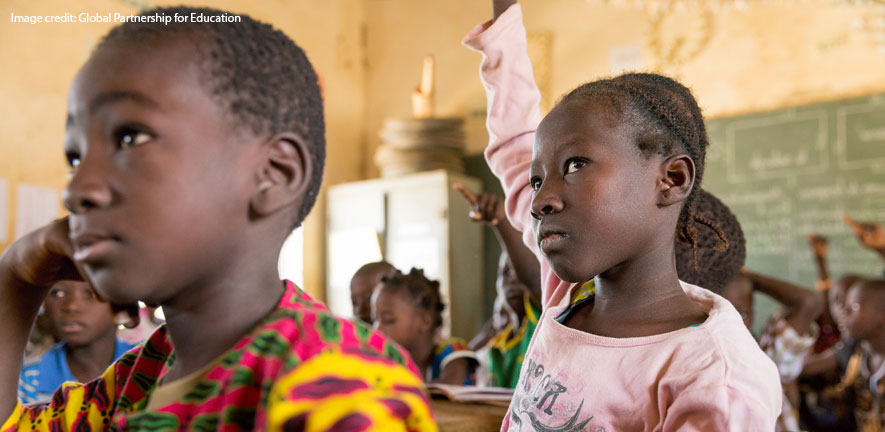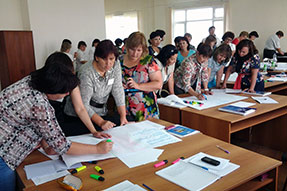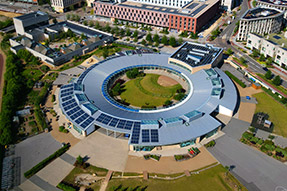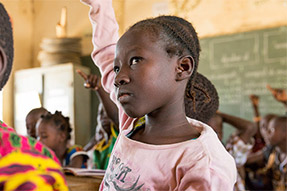Research impact
Making a difference to wider society
The Faculty is committed to ensure that its research makes a difference to wider society, and that it helps to inform parents, teachers, school leaders and policy-makers around the world. As an institution with its roots in teacher education, teacher professional development and research-informed support for schools, achieving impact has long been central to what we do.
Effective and sustainable
Researchers are encouraged to consider the impact of their work at an early stage in the research process, and to reflect this in the design and methodology of projects, in particular through collaborative activities that ensure their research is both effective and sustainable. Our Research Centres and Research Groups work with partners in the Global South, and across the UK, Europe and Asia, ensuring our research has global reach. We also have a dedicated Education Reform and Innovation team, who work closely with the University as a whole, as well as external organisations, to develop policy and practice for education reforms and innovation, providing practical insights from research and teaching, and inform policy.
Funding impact activities
The Faculty provides internal funding to support impact activities and provides training researcher skills in dissemination and impact. A number of Faculty initiatives also help to link our research with a community of practitioners, including a range of teacher and school leader networks.
Impact case studies
Informing Systemic Education Reform in Kazakhstan
Faculty of Education research enabled a successful programme of improvements and reforms to education in Kazakhstan from 2011-20.The Faculty has been undertaking research in Kazakhstan since the early 2000s and works closely with Nazarbayev Intellectual Schools (NIS) and Nazarbayev University Graduate School of Education (NUGSE) to provide evidence and recommendations to support the positive development of Kazakhstani education system. Building on this, in 2014, members of the Education Reform and Innovation Team (ERI) were commissioned by Kazakhstan’s Minister of Education to assess which problems and issues it should prioritise during a phase of development from 2015-2020.
Improving student learning through dialogue in the classroom
Research by the Cambridge Educational Dialogue Research Group (CEDiR) has informed policy in the UK, teachers’ professional practice internationally, and improved the experiences of students themselves.The Faculty of Education has long been a world-leading centre for research on the role of classroom dialogue: the way that teachers and students talk productively to maximise student learning. This work is currently led by the Cambridge Educational Dialogue Research Group (CEDiR).
The University of Cambridge Primary School research-informed model for primary school education
The University of Cambridge Primary School (UCPS) is the sole primary education University Training School in the UK. Evidence, principles and recommendations from significant research into primary education at the University of Cambridge underpin the UCPS research-informed model for primary school education. Despite being recently established, the UCPS model has already been mobilised beyond the school, as a tool for achieving wider impact on policy, research and practice regionally, nationally and internationally.
Tackling disadvantage in education from the early years in sub-Saharan Africa and South Asia
Evidence from the Research for Equitable Access and Learning (REAL) Centre has shifted the focus in global education policy towards early years and children disadvantaged by poverty, gender, disability and location.
Informing higher education policy on how to understand and improve graduate outcomes
Professor Anna Vignoles and colleagues have researched ways to measure the benefits of Higher Education and to use this information to inform both students and policy. These research projects will improve graduate outcomes for all students in England (over 2 million a year) by helping them to make better-informed choices, and will also result in the provision of information to help close the socioeconomic gap in graduate outcomes.

